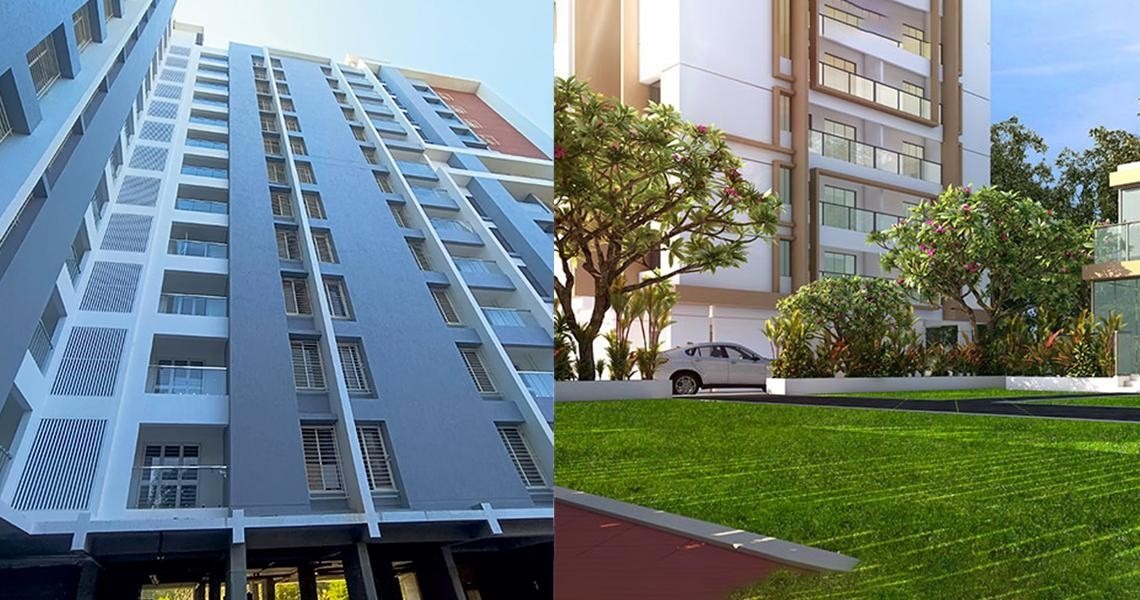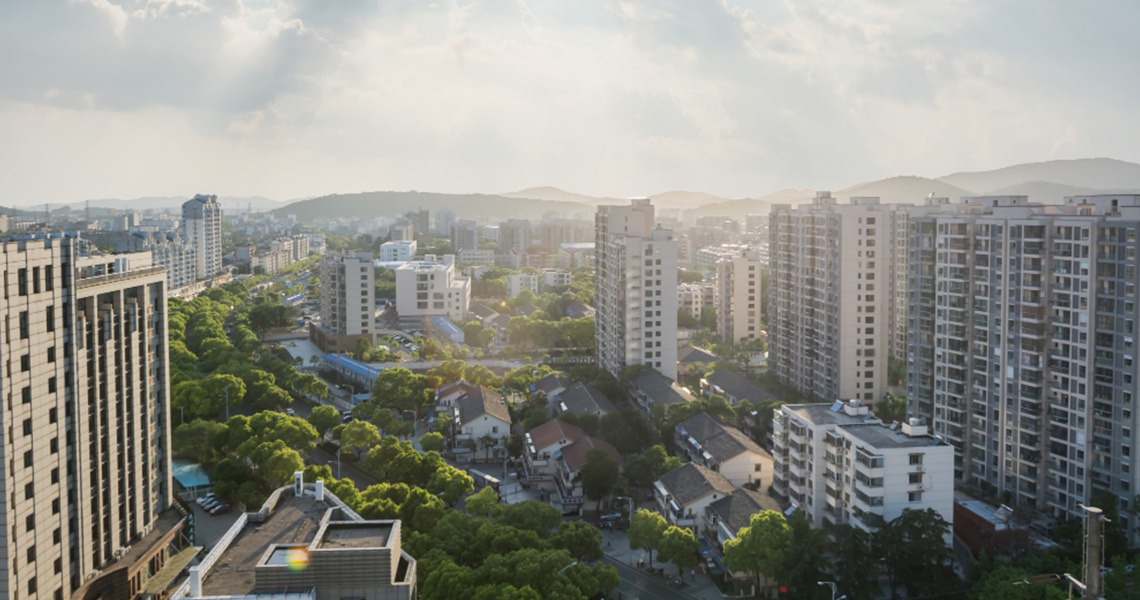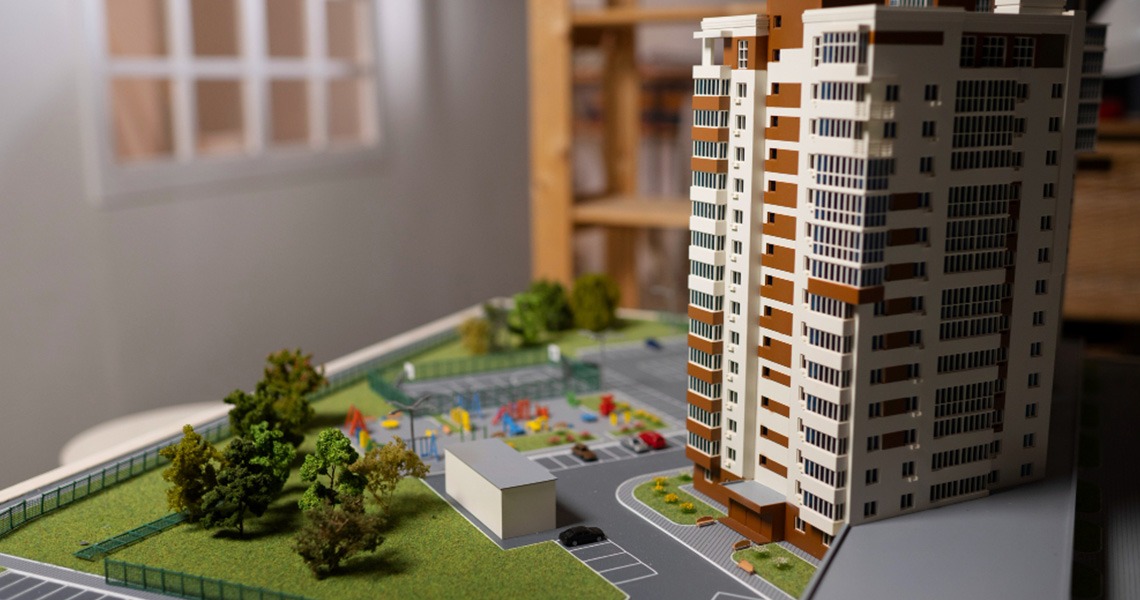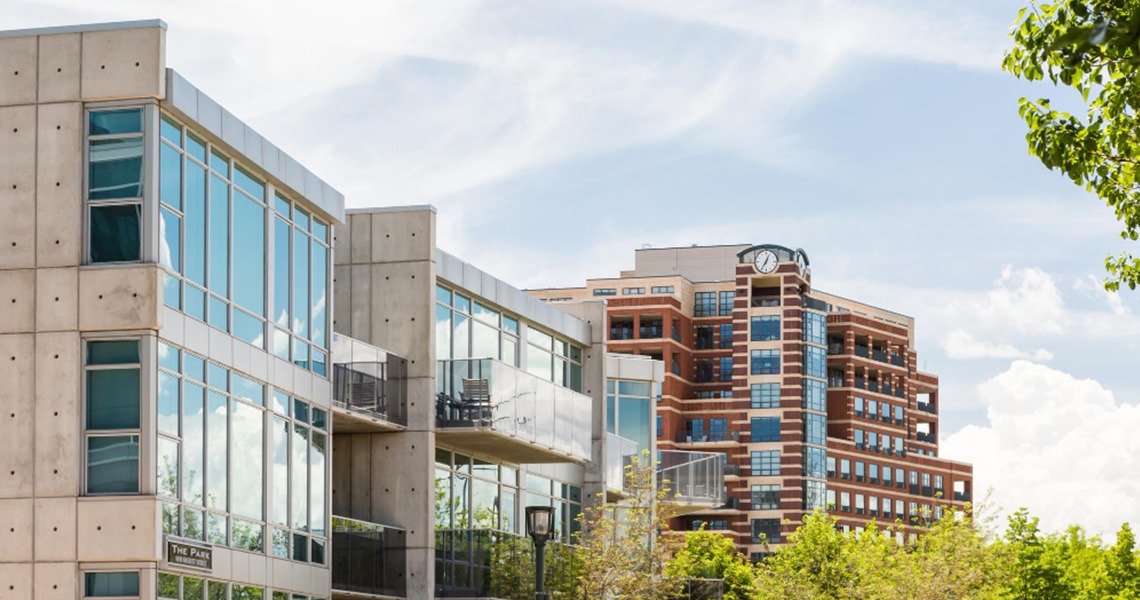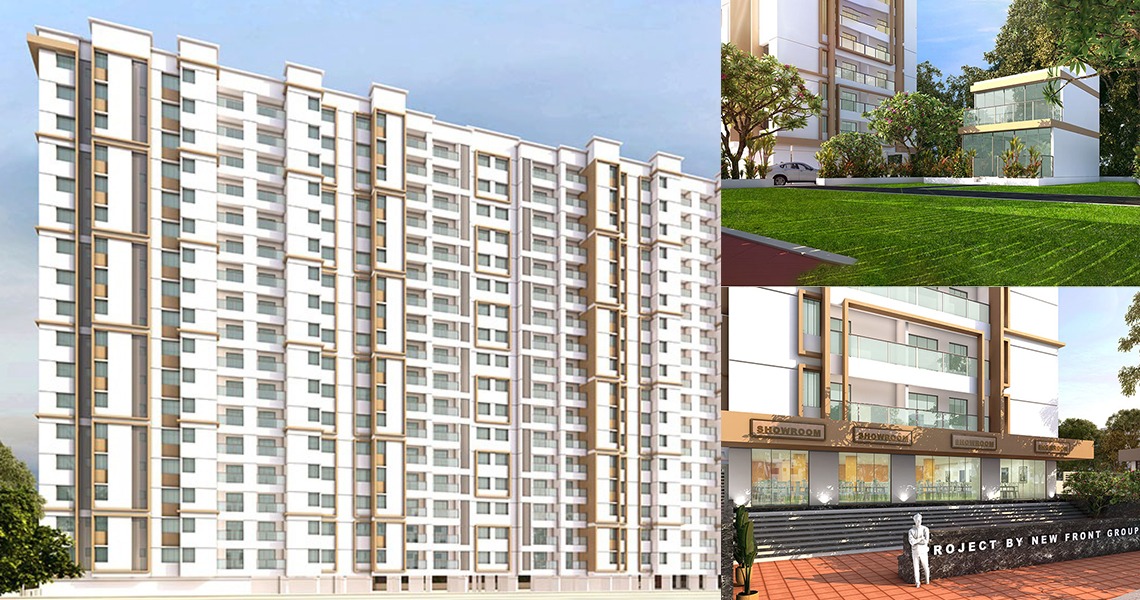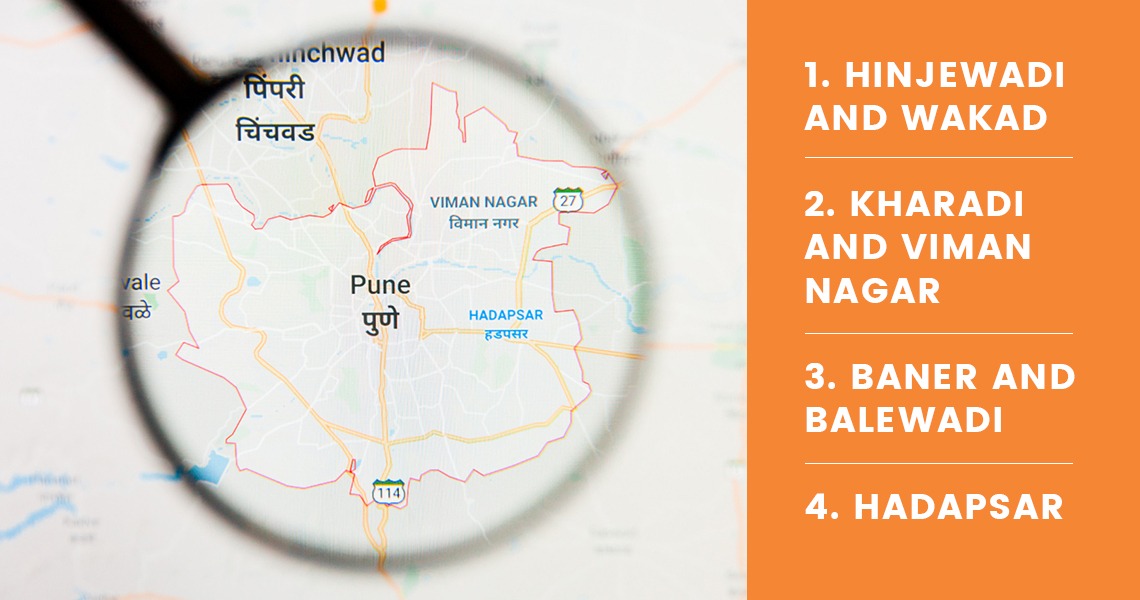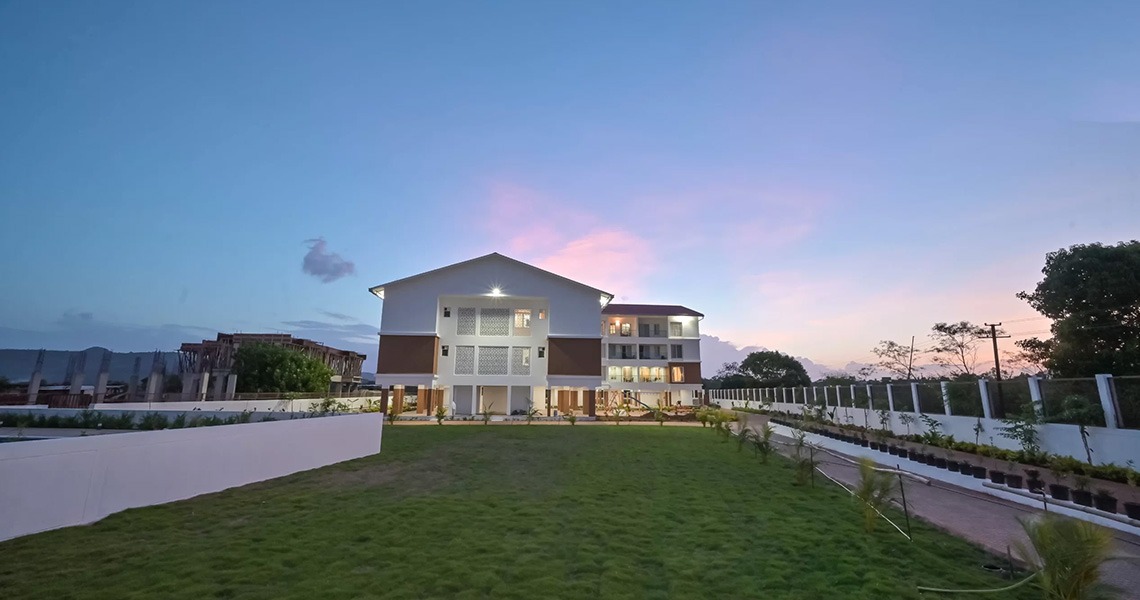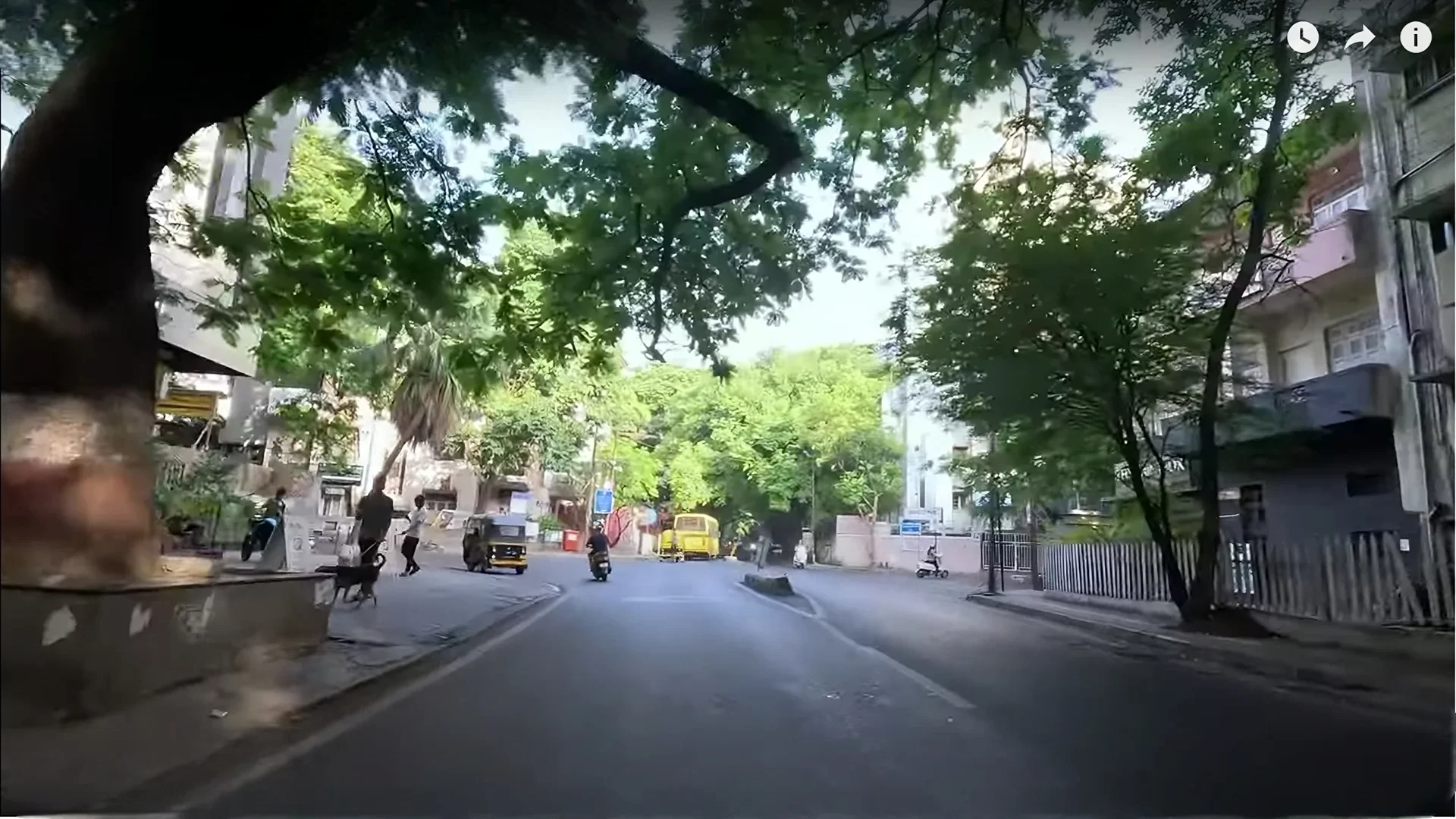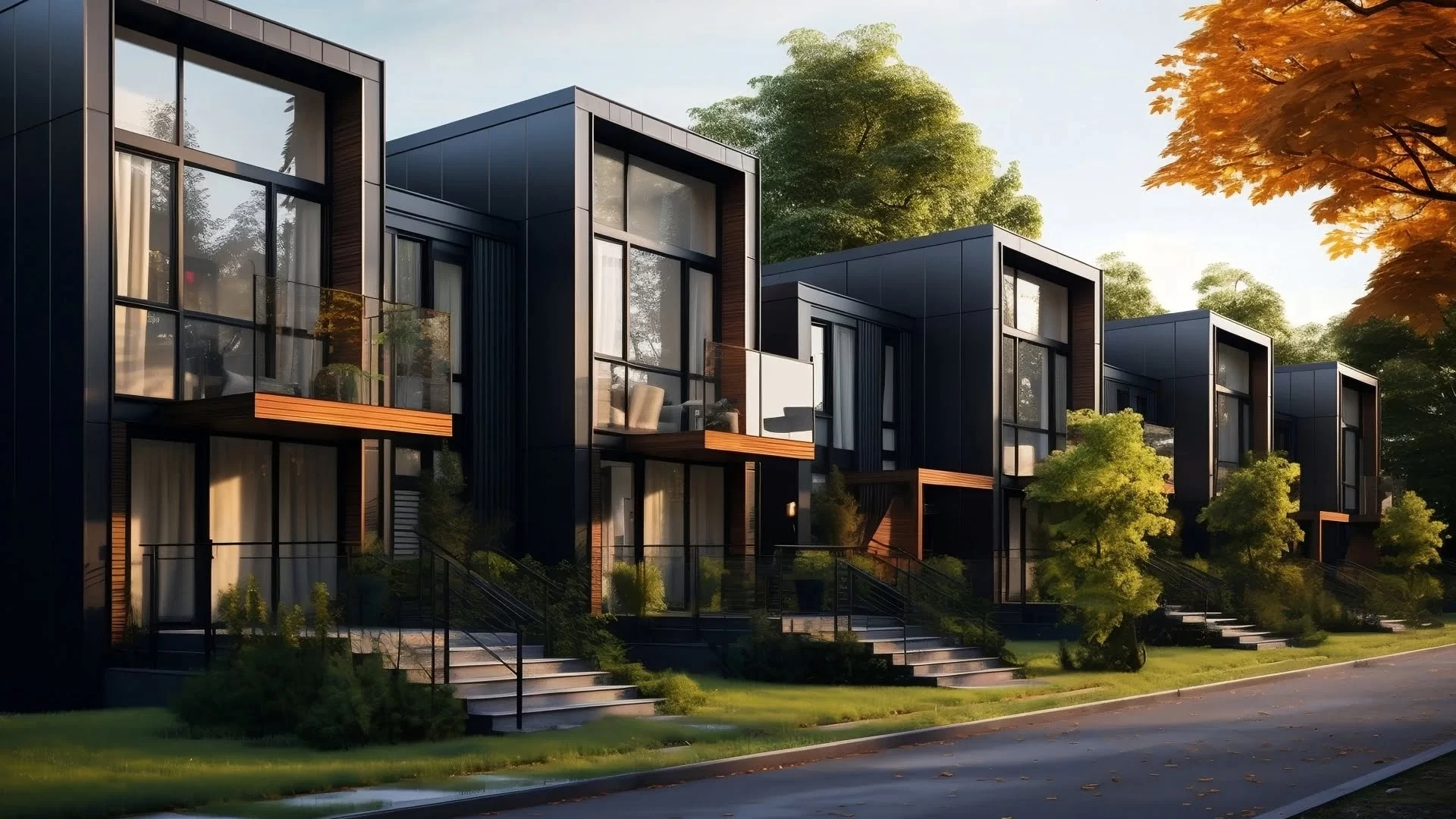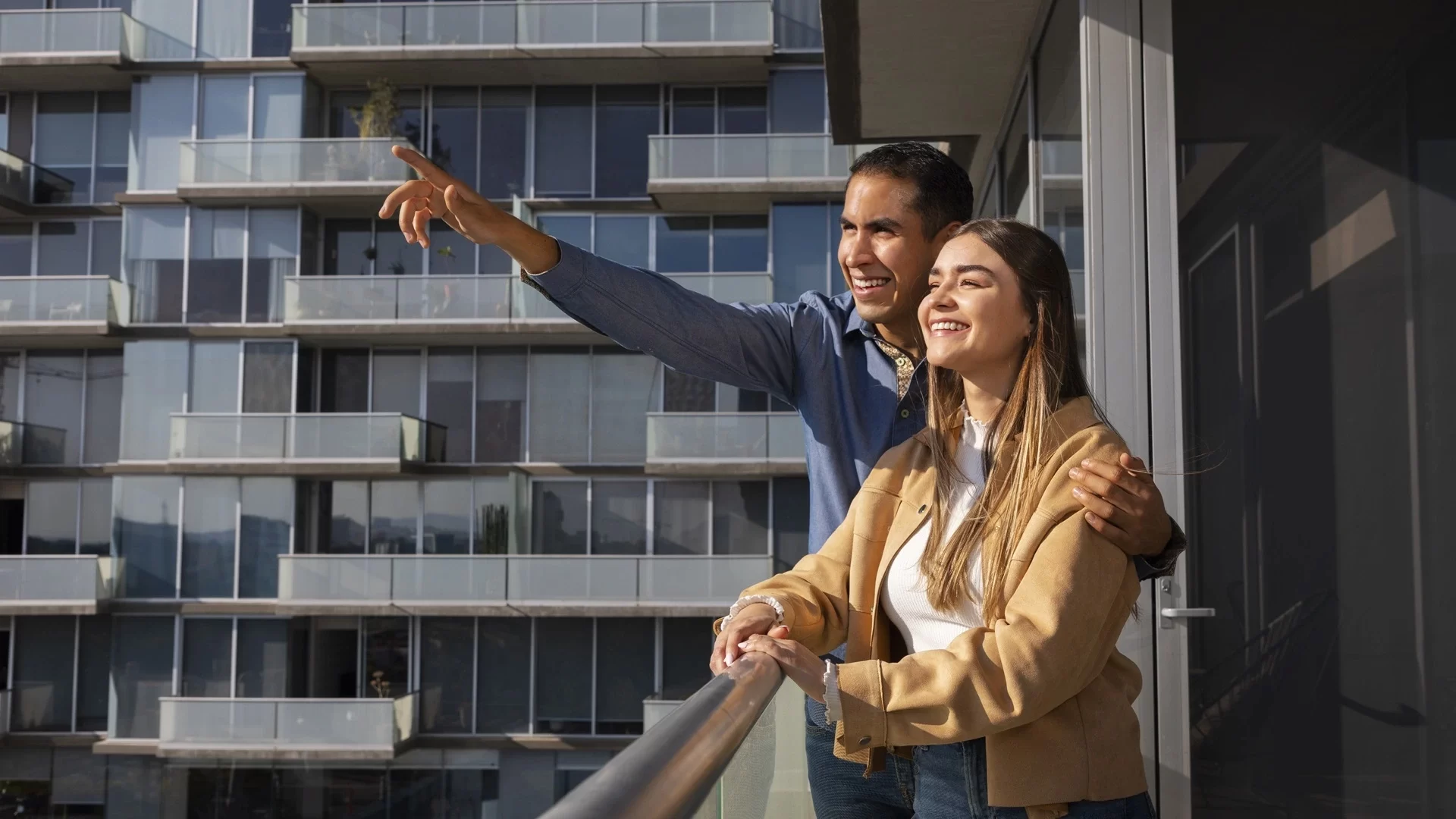Smart Homes & Amenities in Pune: The Future of Modern Living

Pune, a cultural hub in India is one of the fastest emerging metropolitan cities and flourishing real estate destination in India. With its booming IT sector, education facilities, and excellent connectivity, Pune attracts families, professionals, and investors alike. In the last few years, the concept of smart homes in Pune has become a popular in the real estate market. Today, smart homes are the best option to enjoy a modern lifestyle as they blend luxury, sustainability, and technology for comfort, safety, and convenience.
Why Smart Homes are a hit in Pune?
Smart homes are adding a load of convenience by blending advanced technology into our everyday life. These homes offer advanced automation features, with the facility to control lighting and security systems, electronic appliances, and even indoor climate using mobile apps or through voice commands. Leading developers of Pune are adapting this trend and doing their best to make smart living affordable for homebuyers looking for convenience and efficiency. Smart homes offer not just comfort, but are also energy-efficient, secure, and designed for modern living, making them great investment in a constantly growing city.
Combining Comfort with Technology
Modern apartments in Pune include innovative layouts, quality finishing, and technological features. These apartments are designed to accommodate the needs of nuclear families and working professionals who value convenience and connectivity. Modern housing projects in Pune are equipped with intelligent lighting systems, smart locks, and advanced surveillance systems, providing homebuyers with luxury and safety. These apartments also have an energy-conserving feature such as automated temperature controls and sensor-based lightings, which minimises carbon footprints, allowing to enjoy high standards of living.
Key Amenities That Define Smart Living
Smart homes are not confined to four walls and a ceiling only. They also provide community spaces and shared amenities that uplift the overall lifestyle. Here are the top-notch amenities that Pune’s premium residential projects offer:
- Home Automation Systems: Convenience to control lights, fans, and security systems remotely.
- Intelligent Security Features: Video door phones to see and speak to visitors at the door and grant access, biometric access, and 24/7 surveillance for total safety.
- Energy-Efficient Infrastructure: Integration of sustainable materials and advanced technologies for solar panels, rainwater harvesting, and smart energy meters.
- Wi-Fi-Enabled Common Spaces: Wi-Fi connectivity to facilitate work-from-home or socialize.
- Green landscapes and Open-Spaces: Clean oxygen through lush greenery maintained by tech-enabled irrigation systems.
- Community App Integration: Dedicated apps to allow residents pay bills, make bookings, or raise service requests.
These are not only comfort-enhancing features but also a connected and technology-savvy environment that is in line with the modern-day fast-paced urban lifestyle.
Top Projects in Pune Offering Smart Living Solutions
When deciding to invest in a property, it is necessary to learn more about the top projects in Pune, which can provide smart homes and high-quality amenities. Locations such as Hinjewadi, Baner, Kharadi and Wakad have become hotspots for luxury smart apartments. These projects are constructed by renowned builders who accommodate automation technology with environmentally friendly designs and create the right balance between innovations and sustainability. A lot of such development projects also include co-working areas, gymnasium, entertainment zones, and intelligent parking space, which makes such projects perfect to appeal to modern families and professionals.
Why Pune Is the Ideal Destination for Smart Homes
Pune is an ideal city for smart homes with a well-established IT business, cosmopolitan culture, and state of art infrastructure. The boom in the technology advanced housing is due to the need of premium comfort and high security driven by IT professionals and millennials and. Also, with smart city projects and infrastructural work, Pune is soon to become an ideal of the modern living standards in India.
Investment Perspective: Smart Homes as a Future-Proof Choice
Smart homes are not just about integrating automation and connected devices into residential living, they are the future. These homes offer best return on investment for investors as they appeal to the next generation of homebuyers due to being equipped with technology. Moreover, they are energy-efficient and loaded with sustainbale features that ensure long-term cost savings. As Pune is one of the booming real estate hubs in India, the demand for properties with smart features will continue grow, promising excellent re-sale value and rental prospects.
The growth of smart homes in Pune shows the increase for a modern living that integrates luxury, sustainability, and technology. With smart facilities and advanced automation becoming the new norm at modern apartments in Pune and new benchmarks being established by various top projects in Pune, there is no other better time than now, to embrace the future of living. Smart residential projects in Pune are the ideal solution if you want innovative design, comfort, luxury, and safety.

